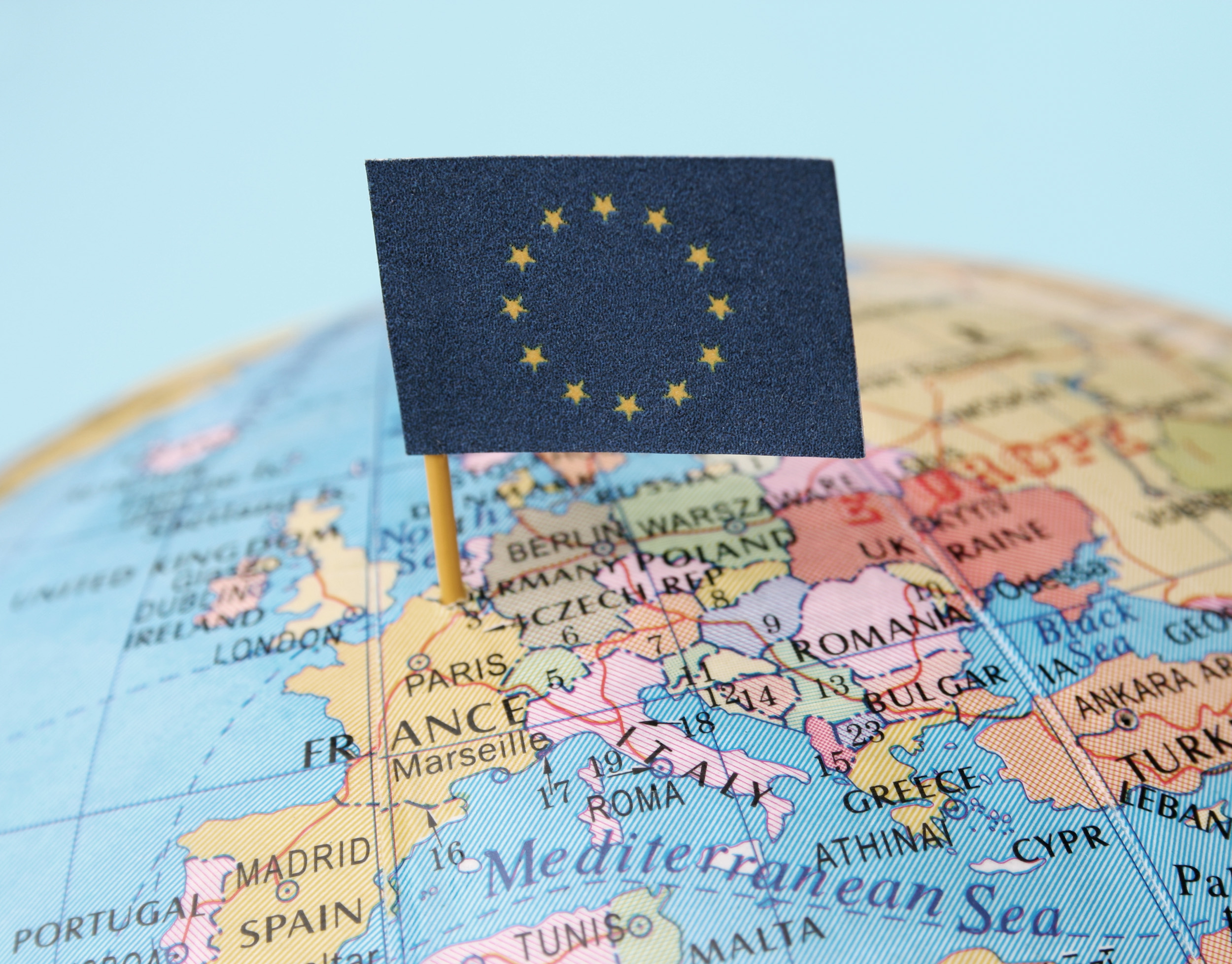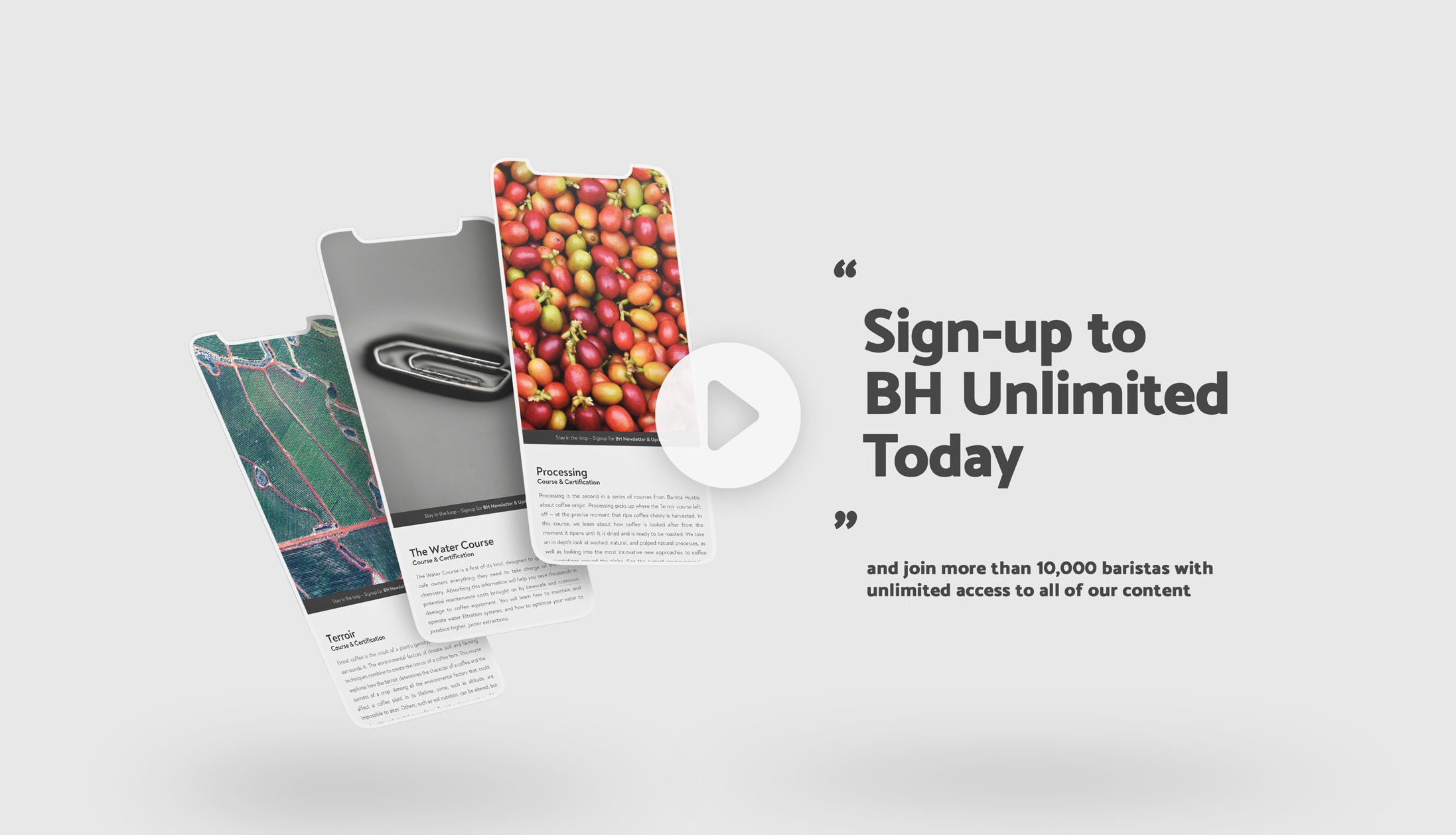Why is Cascara still banned in Europe after 5 years?
Cascara has been regularly hailed as the next big thing in coffee. Once a rare novelty in speciality coffee, in recent years everyone from Starbucks to Stumptown has jumped on the trend for cascara-infused drinks. In 2018, demand for cascara became so high that the price far outstripped that of coffee itself: grower Aida Batlle reported that she was earning $7 per pound of cascara, at a time when the C price was around $1.20.
Despite this booming trade, cascara can not be legally sold in the European Union, except in Switzerland. A 1997 EU law states that any ‘novel’ food — that is, one that hadn’t already been widely consumed in the EU before the law came into effect — must be proven safe before it can be sold.
How Cascara Got Banned
Before 1997, Cascara was more or less unknown in the EU, which means it falls under the novel food legislation. However, when cascara started to be sold in Europe more widely, most national food safety authorities either assumed cascara was more or less equivalent to coffee, or simply didn’t enforce the legislation. Cascara was a niche product, sold in tiny quantities, so didn’t get much attention from regulators.
That changed in 2015, when the Austria-based green coffee importer Panama Varietals started trying to create a new cascara-based soft drink. Some manufacturers refused to work with them, as they were aware that cascara had not yet been approved for sale in the EU. This forced Panama Varietals co-founder Joel Jelderks to start the laborious process of getting cascara approved for human consumption. “It’s a huge application, like putting together a thesis for a masters’ degree,” he says.
Once the application to approve cascara had been submitted 18 months later, it became much harder to ignore. Food safety authorities in EU countries started enforcing the law more strictly, and major retailers withdrew cascara from sale. Many smaller shops and coffee roasteries however, have continued selling cascara despite the ban.
By 2017, the application was in the hands of the EU regulators, and many were predicting that cascara could go back on sale shortly afterwards. However, some concerns were raised about studies showing that cascara added to feed could cause illness in some animals, Jelderks says. “Apparently, horses don’t do well on caffeine.”
Before he had a chance to address these concerns, the law in Europe changed. The new law, which took effect in 2018, meant an entirely new application had to be submitted, with different requirements. At this point, Jelderks was busy getting a new venture off the ground — a US-based cascara soda company, called Caskai, so the revised application would have to wait.
The Road to Legalisation
Two years later, with Caskai up and running, Jelderks was finally in a position to submit a revised application under the new law earlier this year. Writing both applications has been more or less a solo project, which has made it a very expensive and time consuming process, he explains. He secured some financial support for the initial application from the UK roasters Square Mile and Climpson & Sons, but otherwise the work and cost of the application has fallen to Panama Varietals. “There’s been some criticism of us, asking why things are taking so long — but those companies who are asking those questions contributed nothing. Looking back, it’s a bit frustrating.”
The revised application was passed to the European Food Safety Authority (EFSA) in March of this year, and they have to make a decision within 9 months, which would mean, all being well, that cascara should be approved by the end of this year, although it can take a further seven months after the application is approved to be formally authorised for sale.
At the moment, EFSA are assessing the application for completeness, Jelderks says. It will shortly be passed to the scientific review board, who will make the final judgement on whether all the data he has collected is sufficient to show that cascara is safe to drink. While the law limits this part of the review process to 9 months, there’s a catch. “The clock stops when they ask for more information,” Jelderks says. “If they ask for an accelerated shelf life stability study, which might take 6 months to do, the clock stops for those 6 months while I go out and do it.”
That said, he is cautiously optimistic that no further research will be required. The new application excludes direct consumption, which alleviates any concerns about the health effects seen when cascara was added to animal feed. “I am hopeful that by 2021 we’ll get the approval,” he says.
Eating is Out
The new application only covers cascara produced as part of the natural process, and only for use as an infusion in drinks. This means that cascara products which are intended to be eaten, such as coffee cherry flour or cascara ‘chocolate’, will need to be approved in a separate application before they can be sold.
“It didn’t seem initially there was a point in doing parallel applications. Now given the changes we have to evaluate whether we need to make our own application,” says Carole Widmayer, SVP of Marketing and Sales at the Coffee Cherry Company, which makes a range of milled cascara ‘flours’.
“We did not believe that we needed to have an application process in the first place — because it is coffee: it comes from the exact same plant,” Widmayer says. Before 2017, they expected that Europe would be one of their largest markets, she says. “Panama Varietals submitted their application and it stopped everything.”
Getting cascara approved for eating in other countries has been far simpler, Widmayer says. In the US, companies can self-affirm that a product is ‘Generally Regarded As Safe’ (GRAS) if there is a history of consumption with no adverse effects. Regulatory approval in Canada and Japan, meanwhile, took less than a year. Meanwhile in Europe, the process drags on. “Every time we think they’re close, we have to continue to wait. It’s a frustrating one for all of us,” she says.
Joining the Dots
While approval is not guaranteed by the end of the year, the finish line is in sight, Jelderks says. “Even if there’s additional analysis required, it’ll just become a matter of investment. Hopefully if we have to do more studies there’s some bigger parties out there willing to contribute to the cost of it.”
The question remains, though: why did it fall to one man, working on behalf of a relatively small importer, to apply on behalf of the whole industry? Where are the bigger companies with their research budgets? For Jelderks, the answer is partly that larger companies are slower to innovate, but also that the way the law is written, there’s no way for a single company to benefit from taking on the cost of getting a new food approved. “We’ve made the investment to open up the market, but there’s no commercial advantage to us for doing that,” he says. Once cascara is approved, anyone can sell it, so the whole industry will benefit from the years of work he has put in to get it over the line.
Perhaps the fact that this process has taken so long will encourage other companies to join forces for any future applications. Cascara for drinking may get approved before the year is out, but a separate application will still be needed for food use, Jelderks points out, and there are still other coffee byproducts that are considered novel.
One way to speed up any future applications would be for trade organisations to get involved. Even if they couldn’t supply funding, trade organisations could help by coordinating research efforts, connecting interested parties, and giving the project the credibility to attract support from the rest of the industry, Jelderks says.
“To me, responsibility [for seeking approval] should fall on trade organisations, because there is a commercial interest across the whole trade,” Jelderks says. Finding a new market for products that would otherwise go to waste can have a huge benefit, both for coffee farmers and for the environment — so Jelderks’s work is just the beginning.





0 Comments